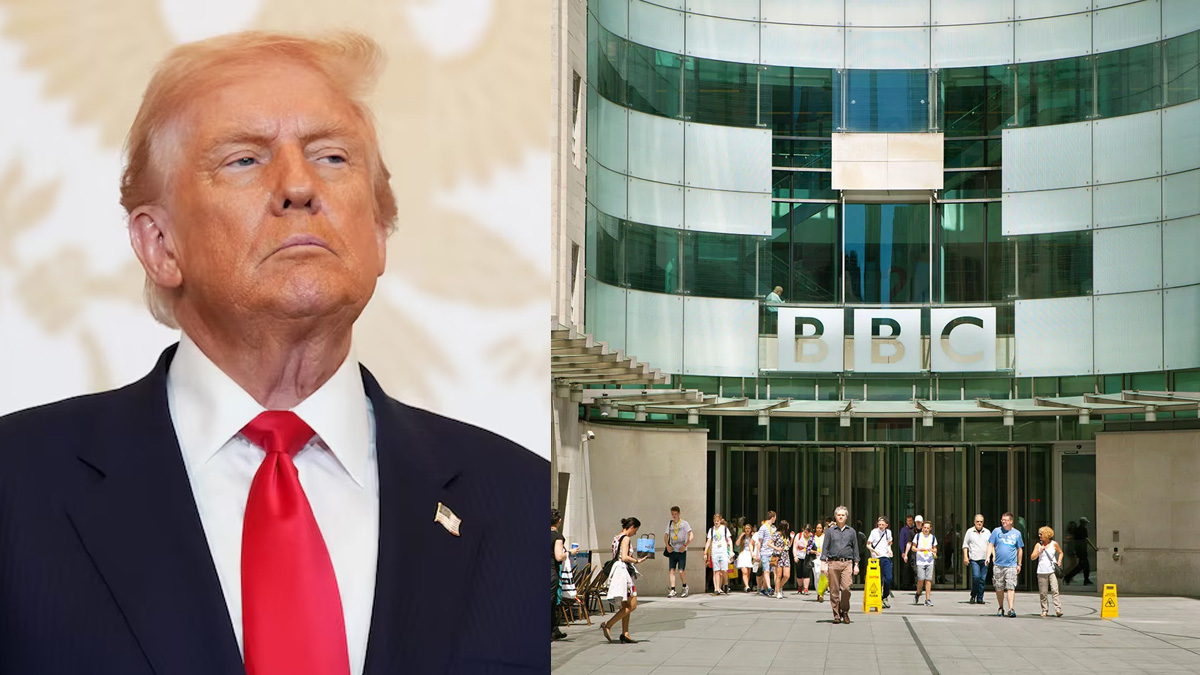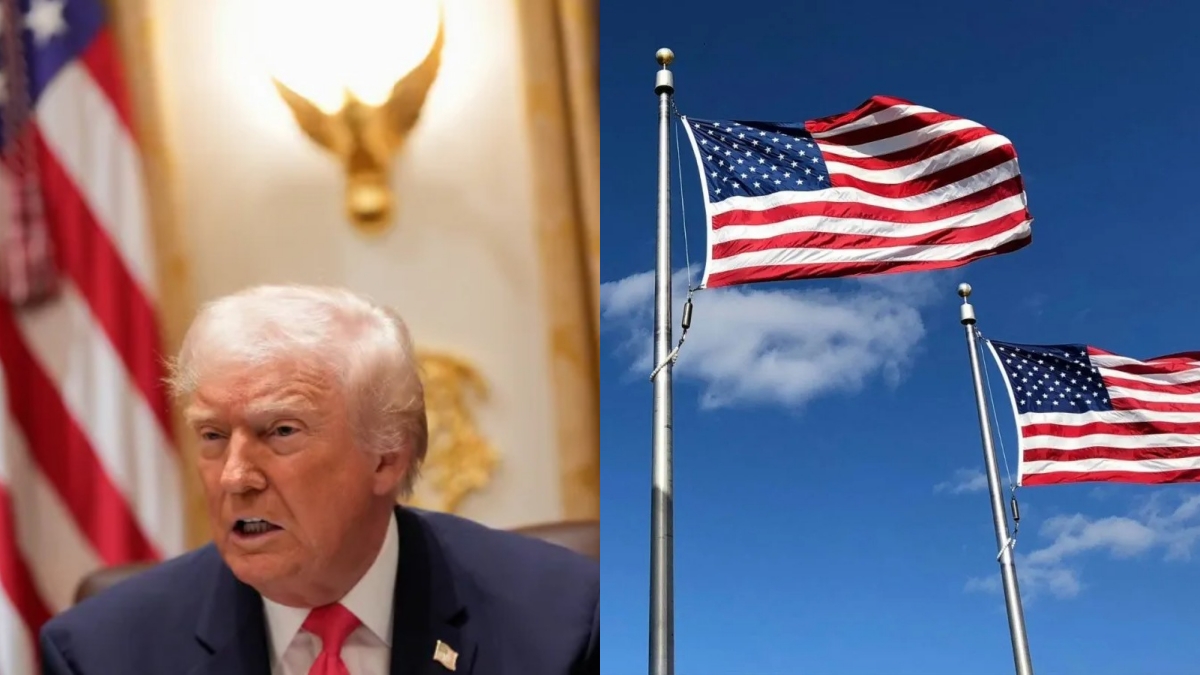Ben & Jerry’s co-founder Jerry Greenfield resigns, citing loss of independence under Unilever
Jerry Greenfield, co-founder of Ben & Jerry’s, has stepped down from his role at the company, saying its independence and social mission have been “silenced” under Unilever’s ownership. His departure follows deepening tensions between the ice cream brand and its parent company over the Gaza conflict and the erosion of its activist identity.

- Jerry Greenfield resigned from Ben & Jerry’s, saying Unilever has silenced the brand’s independence and betrayed its social mission.
- The departure follows escalating disputes over Ben & Jerry’s stance on Gaza and Unilever’s control despite a merger clause meant to protect the brand’s activism.
- Greenfield’s exit coincides with a UN report accusing Israel of genocide in Gaza, intensifying scrutiny of corporate responses to global human rights issues.
NEW YORK: Jerry Greenfield, co-founder of the iconic US ice cream brand Ben & Jerry’s, has officially resigned from the company, citing what he called the “collapse of its independence” under Unilever’s ownership.
Greenfield announced his decision in an open letter published on 16 September 2025, shared on social media platform X by fellow co-founder Ben Cohen.
He wrote that he could no longer “in good conscience” remain associated with a company that had been “silenced” by its corporate parent.
The move follows years of escalating tensions between Ben & Jerry’s and Unilever over the brand’s ability to speak freely on political and social issues—particularly its stance on the Gaza conflict.
Dispute over brand independence
Since 2021, Ben & Jerry’s has been locked in a dispute with Unilever after announcing it would stop selling ice cream in Israeli-occupied West Bank territories. The decision drew fierce backlash from Israeli authorities and investors, as well as legal challenges from Unilever subsidiaries.
Ben & Jerry’s accused Unilever of undermining the unique independence clause built into its 2000 merger agreement—a provision designed to preserve the brand’s activism and values after its acquisition.
“That independence existed in no small part because of the unique merger agreement Ben and I negotiated with Unilever,” Greenfield wrote.
He said the company’s recent restrictions on speaking publicly about Gaza, including describing the ongoing conflict as “genocide,” amounted to a betrayal of its founding mission.
Founders’ growing rift with Unilever
Greenfield’s resignation follows a series of public statements from both founders criticising Unilever for diluting Ben & Jerry’s social mission.
In his letter, Greenfield said he was stepping down from his symbolic role as a brand ambassador, a position he had retained since the company’s sale.
A spokesperson for Magnum Ice Cream Company—Unilever’s ice cream division—acknowledged Greenfield’s departure but disagreed with his claims.
“We have consistently sought to engage Jerry and Ben in constructive conversations about strengthening Ben & Jerry’s values-based mission,” the company said.
Unilever did not immediately respond to requests for further comment.
Calls to “free Ben & Jerry’s”
Greenfield’s exit comes amid renewed efforts by Ben & Jerry’s to regain autonomy.
Earlier this year, Unilever announced plans to list its Magnum Ice Cream division publicly in November—a move that would further restructure its frozen desserts portfolio.
Following that announcement, Cohen renewed his call to “free Ben & Jerry’s,” urging Unilever to allow the company to operate independently.
He revealed that attempts had been made to engineer a buyout of the brand for between US$1.5 billion and US$2.5 billion, but Unilever rejected the proposal.
Magnum CEO Peter ter Kulve dismissed the idea, reaffirming the company’s “integrated strategy” for its ice cream businesses.
A brand built on activism
Founded in 1978 in a renovated gas station in Burlington, Vermont, Ben & Jerry’s became known not just for its inventive flavours but also for its progressive activism.
The company has long used its platform to advocate on issues such as climate change, racial justice, LGBTQ+ rights, and corporate accountability.
Under the 2000 merger, Ben & Jerry’s retained a board tasked with preserving its social mission—an arrangement that was once hailed as a groundbreaking model of “values-led capitalism.”
However, former executives and the founders say Unilever has increasingly sidelined this structure in recent years, especially amid the controversy surrounding Israel and Palestine.
UN report escalates context of dispute
Greenfield’s departure coincides with the release of a United Nations Commission of Inquiry report on 16 September, which concluded that Israel has committed acts of genocide in Gaza.
The report cited widespread killings, destruction of infrastructure, and restrictions on humanitarian aid as evidence of systematic intent.
Commission chair Navi Pillay said senior Israeli leaders, including Prime Minister Benjamin Netanyahu, had “incited genocidal acts.”
Israel rejected the report as “politically motivated and legally baseless.”
According to Gaza’s Health Ministry, at least 64,964 Palestinians have been killed since October 2023. The ministry also reported that 428 people, including 146 children, have died from hunger amid ongoing aid restrictions.
Greenfield’s resignation marks a symbolic rupture in Ben & Jerry’s history—ending one of the most famous partnerships in socially conscious business—and may intensify investor scrutiny ahead of Unilever’s upcoming listing.
Whether the move reignites momentum for a Ben & Jerry’s spin-off remains to be seen, but it underscores a growing clash between corporate control and ethical activism in global consumer brands.











0 Comments